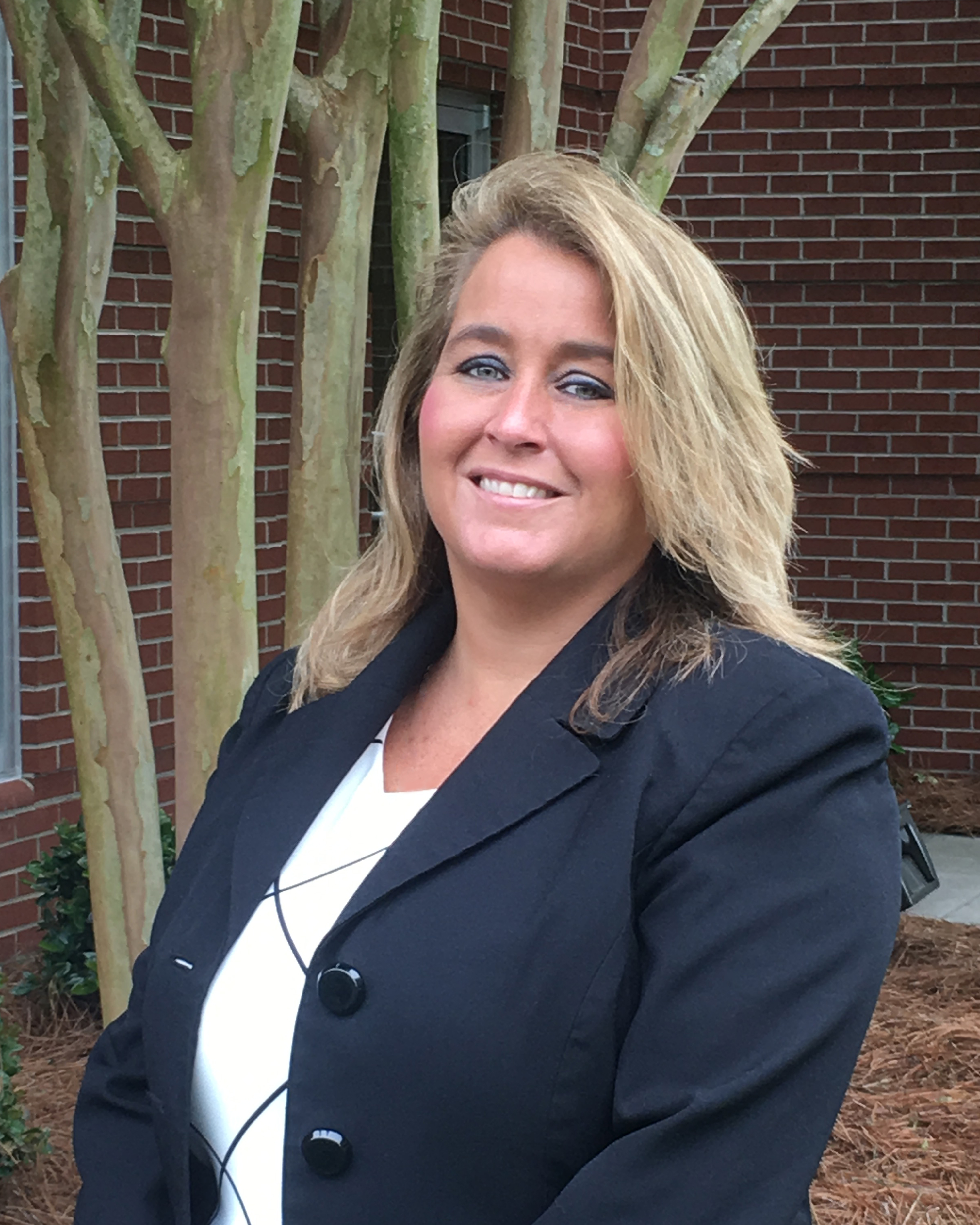AAH intensifies payer relations

By Liz Beaulieu, Editor
Updated Fri July 26, 2019

WASHINGTON - In its latest move to ramp up its payer relations efforts, AAHomecare is forming a new council and wrapping up a new toolkit.
The association this month sent out invites to about 25 potential members for a Payer Relations Council to attend a first in-person meeting on Aug. 27.
“Our councils do a lot of driving of initiatives and goals to help us with our successes,” said Laura Williard, vice president of payer relations for AAHomecare. “We've had a Regulatory Council, a Supplies Council, an HME/RT Council, a CRMC Council, and one thing I've wanted to do since I started was develop a Payer Relations Council because of the successes we've had with these other councils.”
Earlier this year, AAHomecare expanded its payer relations staff beyond Williard, to include David Chandler as director of payer relations.
The new council will be primarily made up of providers representing varying company sizes, product mixes and geographies. Its first priority: develop goals for 2020, Williard says.
“We want to make sure we have a diverse group of high-level people that can look into the future,” she said. “What's coming from the different payer types; what do we need to be prepared for; what do we need to educate the industry on?”
AAHomecare is also targeting the end of August for the completion of a 15-page State Legislative and Regulatory Toolkit to, among other things, standardize its strategy toward MCOs. The association would like to replicate, for example, legislation passed in Kentucky that will ensure providers are reimbursed by MCOs at least 90% of the rate set by the state Medicaid program.
“The meat of this toolkit is around consistent legislative language (to address) various topics, including establishing a rate floor like we have in Kentucky,” Chandler said.
The toolkit also includes tips for recruiting state legislators to the industry's cause.
“Having a strong relationship with (officials from the Medicaid program) makes it a lot easier to find a solution,” Chandler said. “Whether you're looking for a regulatory change or it has to go through the legislative process, the first thing (legislators are) going to ask is, 'Did you talk to Medicaid and what did they say?'”
The state scene: North Carolina, Florida
WASHINGTON - AAHomecare's payer relations team has made North Carolina, which is shifting its Medicaid program to a managed care system, and Florida, which has had a “ton of issues” with its system, its top priorities.
North Carolina has divided the state into six regions, with two going live with MCOs in November and the remaining four transitioning in February. AAHomecare has been pursuing putting in place some protections before the roll out, but the hands of state officials may be tied, Chandler says.
“We have a good relationship with Medicaid in North Carolina, but in our effort to secure their support (for protections like a rate floor), we've learned that since they're in implementation mode, they can't openly support our effort,” he said.
Now AAHomecare is working on alternative strategies, like introducing and passing legislation with protections, Chandler says.
In Florida, the association is trying to get a better grasp of a managed care system complicated with numerous subcontractors and third-party administrators, such as the now-defunct Univita Health.
“We've met with FAHCS, they have a lobbyist hired and we're working with our lobbyist to help us evaluate (the system),” Williard said. “We're coming up with a strategy now, but the main thing is to add oversight over the subcontractors.”
Additionally, AAHomecare is working to get Humana Military, which manages the Tricare East contract, to stop requesting additional documentation for rental equipment; and CareCentrix to stop improperly denying claims, among other issues.
“We've outlined some proposed solutions that would resolve these long-standing issues with CareCentrix,” said Chandler, who is communicating with execs at the company.
Comments